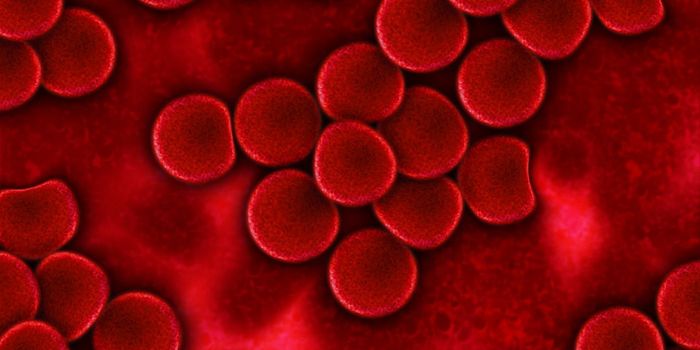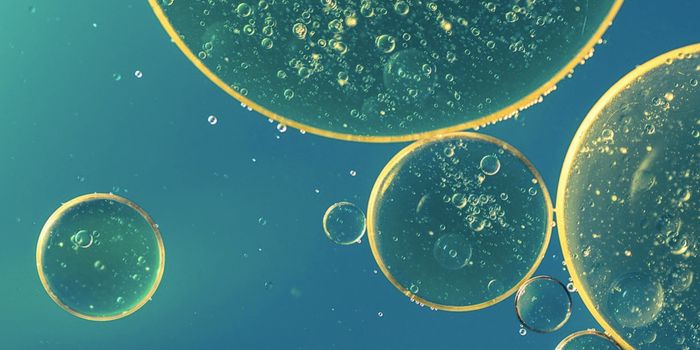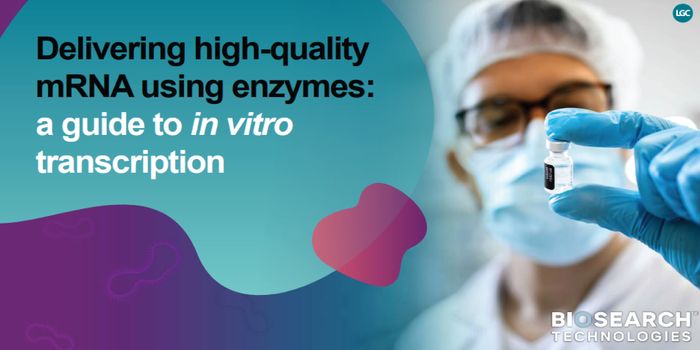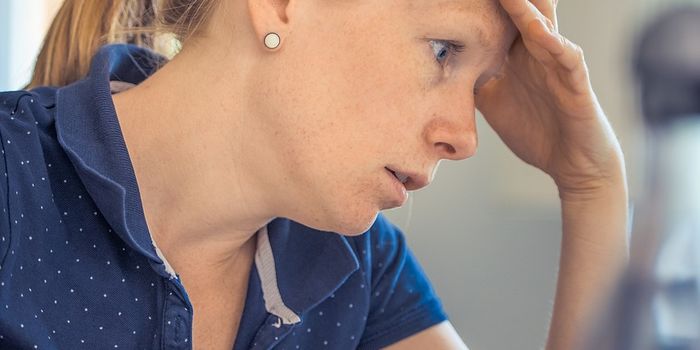More evidence supports the evils of sugary drinks
New research published online in the journal Gut from researchers at the Washington University School of Medicine in St. Louis suggests that there is a link between the heavy consumption of sugary drinks during adolescence and adulthood and an increased risk of colorectal cancer in women under 50. The research calls for increased public awareness of the adverse health effects of sugar.
"Colorectal cancer in younger adults remains relatively rare, but the fact that the rates have been increasing over the past three decades -- and we don't understand why -- is a major public health concern and a priority in cancer prevention," said senior author Yin Cao, ScD, an associate professor of surgery and of medicine in the Division of Public Health Sciences at Washington University. "Due to the increase in colorectal cancer at younger ages, the average age of colorectal cancer diagnosis has gone down from 72 years to 66 years. These cancers are more advanced at diagnosis and have different characteristics compared with cancers from older populations.”
Cao adds, "Our lab is funded by the National Cancer Institute (NCI) and the National Comprehensive Cancer Network to identify risk factors, the molecular landscapes, and precision screening strategies for these cancers so that they can be detected earlier and even prevented. In past work, we have shown that poor diet quality was associated with increased risk of early-onset colorectal cancer precursors, but we have not previously examined specific nutrients or foods."
Using data from the Nurses' Health Study II to analyze information about diet habits and cases of early-onset colorectal cancer, the team found an association between sugar intake (particularly during adolescence) and colorectal cancer diagnoses before 50. They showed that women who drank two or more servings per day of sugar-sweetened drinks had just over twice the risk of developing early-onset colorectal cancer compared to women who drank less than one 8-ounce serving per week.
"Given this data, we recommend that people avoid sugar-sweetened beverages and instead choose drinks like milk and coffee without sweeteners," Cao said. Cao also points out that the American Cancer Society’s updated its recommendations for a first screening colonoscopy to 45 years of age instead of 50.
Sources: Gut, Eureka Alert








